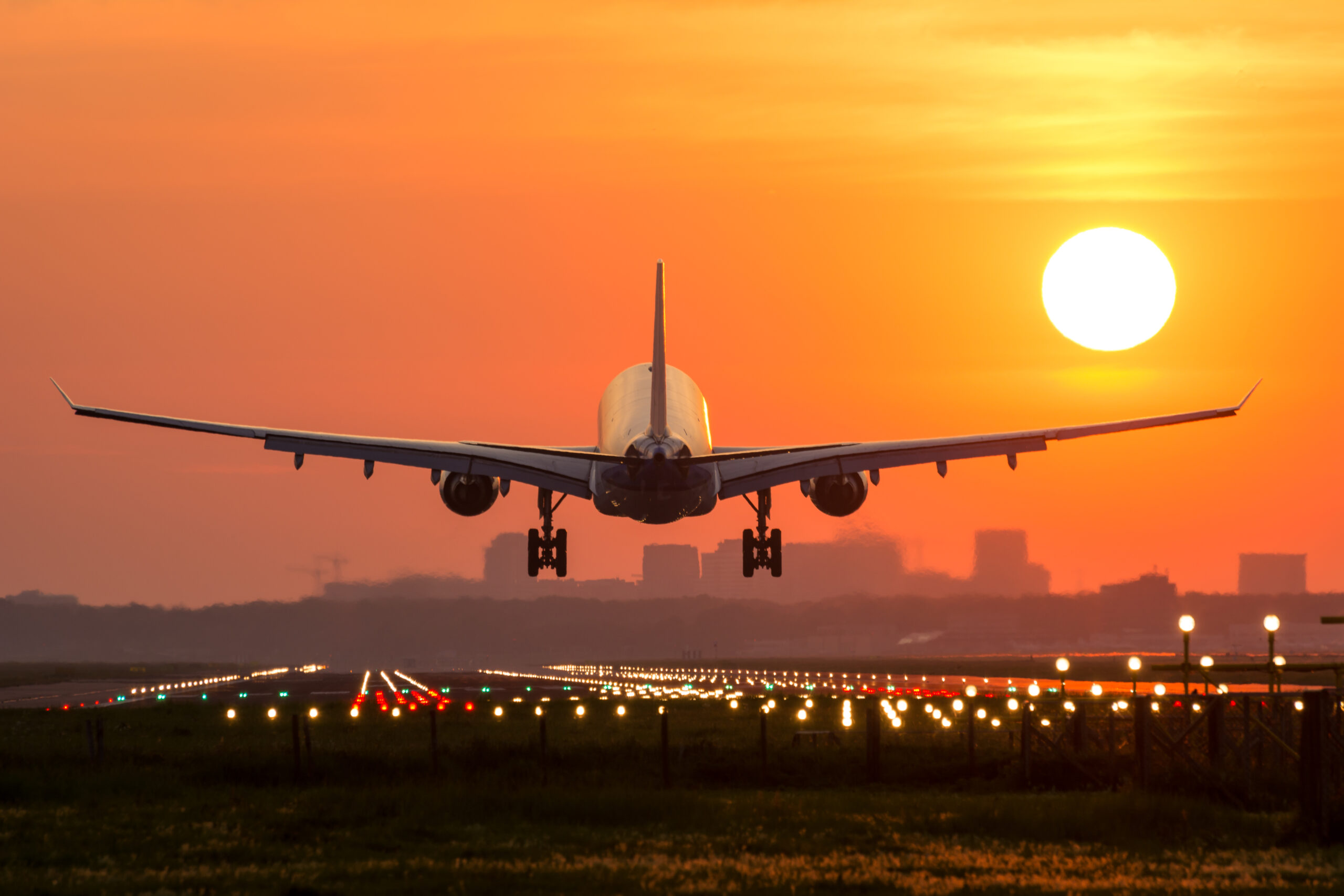Airline pricing and airline distribution are among the leading challenges facing corporate travel buyers in 2025, according to a new survey by Business Travel News Europe. What will air fares look like in 2025? Reed & Mackay Group CEO Fred Stratford shares his thoughts on what’s behind these challenges and how a travel management company (TMC) can support travel buyers through them.

The air fare landscape
While business travel continues to show growth, the industry remains sensitive to factors that could cause airfares to rise or, at a minimum, act unpredictably. Geopolitical conflicts are forcing longer flight routes in avoidance of certain air spaces. Inflationary pressures in the UK with the rise in fuel-related taxes, plus ongoing spikes in aviation fuel, are also mid- to long-term contributing factors.
There are other recurring factors at play here too. The shortage of new aircraft, and manufacturing aircraft parts, have been an ongoing challenge for the airline industry. This continues to contribute to air-fare hikes. A lack of trained pilots following the COVID-era retirement boom of seasoned pilots, and generally air crew personnel – both in the air and on the ground – is another significant cause. Here in the UK, airlines are struggling to keep pilot rosters full. Staying competitive in both attracting and retaining talent with salary matching is tough against some of the better-funded regions, like those in the Middle East.
How can a TMC help travel managers with air fares?
Inevitably, these upward pressures have generated rising air fares. Travel managers should talk to their TMCs about what this will mean for them. We’re driven to offer our clients the best fares and broadest choice of content. This is also underpinned by our clients’ greater vision for the now and future of travel.
Price and cost savings will always be important but it’s not just about single ticket prices and convenience. We’re seeing newer drivers setting agendas, like sustainability, a broader content strategy and more integrated partnerships. These, alongside ensuring connected and happier journeys for employees, are becoming an increasingly dominant ask in RFPs and client conversations.
Value from partnerships
Travel managers need to stop chasing short-term gains. There might be times when aggregators present a cheaper flight. However, given that the entire travel industry is under the same pressure for competitive fares, this is the time for travel managers to explore the broader value and role of their TMC.
The old method of corporate rates will become outdated as airlines move beyond pricing and discounts. Clients should expect their TMC to give them access to the best deals and added value from services enabled by technology, such as NDC. Airline strategies are changing and the direction is about delivering richer and more personalised content to buyers. This will spell long-term value such as end-user satisfaction, as well as cost savings. This is where a good TMC can truly support clients to pull the right levers to meet their organisation’s needs.
Airlines are investing in dynamic fare structures like NDC, through content, partnerships and technology infrastructure. Recent studies from the Navan Group show “potential savings per airline ranging from 3.3% to 16.6%”. Where there are direct integrations with airlines available, such as the one Reed & Mackay supports with British Airways, there is added access to richer buying choices and flexibility to manage these bookings on the fly.
Meeting sustainability targets
The quest to lower carbon emissions is one area where the demand that is driving the increase in air fares is also driving positive change. Travel managers should work with their broader organisation to challenge their TMCs to meet the future view of sustainable travel and Net Zero targets. The recent budget saw the UK government commit to supporting UK aviation on its journey to Net Zero by 2050, with a significant budget allocated to research and development.
At Reed & Mackay, our own Net Zero target of 2045 is a result of years of investment in this space. We have a dedicated sustainability division, technology roadmap and key partnerships in CO2 reporting and sustainable aviation fuel. The impetus is finally here. Travel managers should expect to receive deeply informed support and analysis from their TMCs to ensure they are on the path to delivering sustainable travel options that will be required by their organisation.
Rail as a replacement?
Travel managers need to consider broadening their content strategy to include rail. This will help mitigate the full effects of depending solely on air. We find that once clients ‘discover’ the real value of rail, it becomes an appealing fixture in their travel strategy, alongside air. Short-haul journeys, particularly in Europe, are supported by robust rail infrastructure. There are also high-speed connections and fewer border or customs checks to deal with.
Ensuring the best connections, sustainable travel options and connectivity across what is delivered for air and rail is paramount to our future approach. This will help to mitigate some of the challenges our clients face with rising costs in air travel.
Get in touch
Mail [email protected] to discuss all of your corporate travel and event management needs.




